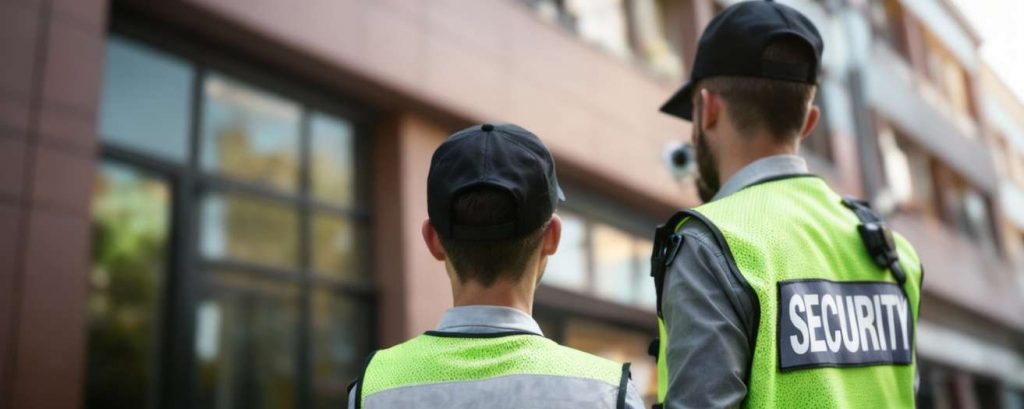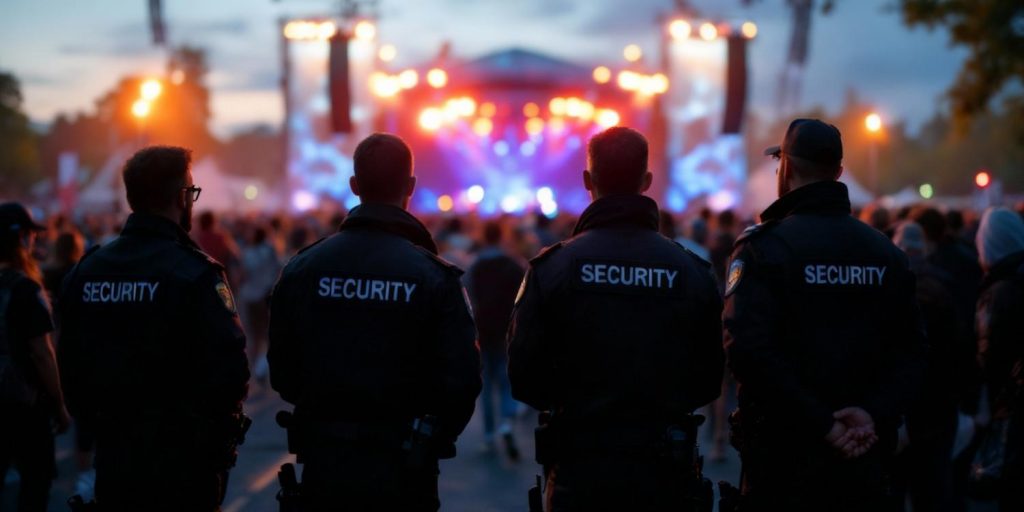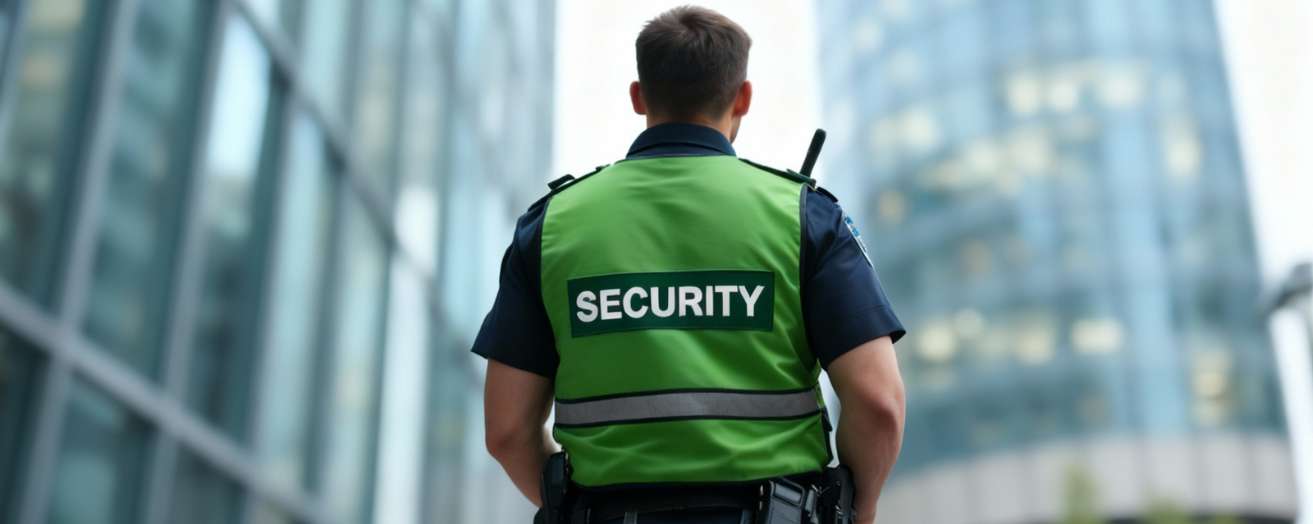Let’s be honest: the private security industry is often misunderstood, both by the public and by policymakers. Yet, it’s a sector that quietly underpins the safety of millions across Europe. Having spent decades on the ground and in management, I’ve seen firsthand how the UK’s approach to private security stands apart from our European neighbours. This isn’t just about paperwork or politics; it’s about how we keep people safe, how we train our staff, and how we build trust in a profession that’s too often overlooked.
Market Size and Structure: Not All Security Is Created Equal
The UK’s private security sector is a heavyweight. With revenues nudging £9 billion and a workforce of over 400,000, it’s a major employer and a critical cog in the national safety machine. London, of course, is the epicentre, where the stakes are highest and the standards are (or should be) at their sharpest. The sector’s growth has been fuelled by public sector outsourcing, rising crime, and, frankly, the police being stretched to breaking point.
Now, zoom out to the EU. The numbers are even bigger: €76 billion in revenue, 2 million people employed. Germany leads the pack, followed by France, Spain, and Italy. But here’s the rub: the EU market is fragmented. You’ve got everything from global giants to tiny local firms, all jostling for contracts in manned guarding, electronic security, cash handling, and event management. It’s a patchwork, not a tapestry.
Regulation: The SIA and the “Gold Standard” (Or Is It?)
Here in the UK, we love a bit of regulation. The Security Industry Authority (SIA) is the gatekeeper, and if you want to work in security, you need their licence. No badge, no job. The SIA regime is strict: mandatory training, criminal record checks, security vetting standards, and ongoing professional development. Frontline operatives must display their licence at all times whilst on duty, no exceptions. Well, almost none. Store detectives swerve this, for obvious reasons. Managers and directors need non-frontline licences if they’re supplying staff. There’s an “in-house” exception, as it was forgotten about in the PSIA 2001, but it’s narrow and getting narrower.
Contrast this with the EU. There’s no Brussels-based SIA. Each country does its own thing. Belgium and Spain are famously strict, with lots of hoops to jump through. Germany and France? Big markets, but regulation is often regional or even municipal. Training and vetting requirements can vary wildly, even within the same country. If you’re licensed in one EU state, don’t expect to waltz into another and start work. Cross-border recognition is, frankly, a mess.
Brexit? It’s made things even more complicated. The UK is now free to diverge from EU rules, and we’re already seeing differences in how investments and reporting are handled. For the average security officer, it means more paperwork and less mobility.

Training and Professional Standards: The Devil’s in the Detail
The SIA sets a minimum bar for training, but let’s be clear: it’s just that, a minimum. Good employers go further, offering site-specific and ongoing training. The SIA’s Approved Contractor Scheme (ACS) is supposed to recognise the best of the best, but as anyone in the industry knows, ACS status doesn’t always guarantee quality on the ground.
Across the EU, training is a mixed bag. Some countries demand extensive courses and background checks; others are more relaxed. The European Confederation of Private Security Services (CoESS) has been banging the drum for harmonisation, but progress is glacial. Until there’s real consistency, standards will remain uneven.
Recommended Reading: Building a Strong Security Culture
Trends and Challenges: What’s Really Happening on the Ground?
UK
- Integration with Police: Increasingly, UK private security is plugging gaps left by the police, especially during crises like the pandemic. We’re not the police, but we’re often the first responders.
- Counter-Terrorism: New laws like Martyn’s Law are bringing the UK’s private security into the heart of national counter-terrorism strategies. This is a huge responsibility and a huge challenge.
- Tech Adoption: The UK is leading the way in electronic surveillance and integrated systems. But technology is only as good as the people using it.
EU
- Event-Driven Growth: Major events (think football tournaments, festivals) drive demand for security. But when the crowds go home, so do the jobs.
- Digital Transformation: The move to contactless payments and digital security is reducing the need for old-school cash-in-transit services.
- Regulatory Fragmentation: The lack of harmonised standards is a real headache for companies and professionals alike.

Conclusion: Where Do We Go from Here?
The UK’s private security industry is, in many ways, a model of centralised regulation and professionalisation. But we shouldn’t get complacent. The SIA system is far from perfect, and standards on the ground are at best “patchy”. Across the EU, diversity is both a strength and a weakness: local knowledge is invaluable, but the lack of harmonisation holds the sector back.
As the industry grows and evolves, the pressure for higher standards and greater consistency will only increase. For now, the UK leads in regulation and training, but we must keep pushing for real professionalism, because at the end of the day, security is about people, not just policies.
While the UK and EU private security industries share common drivers, rising crime, public sector outsourcing, and technological change, the UK stands out for its centralised, rigorous regulatory regime and professional standards. EU countries, by contrast, display significant diversity in licensing, training, and oversight, reflecting local legal and market conditions.
Brexit has accentuated these differences, with the UK moving towards greater regulatory autonomy. As the sector continues to grow and evolve, calls for harmonisation and higher standards across Europe are likely to intensify, but for now, the UK remains a model of centralised regulation and professionalisation (well, if the new S12 group performs as we all hope).
Stay Ahead with the UK’s Trusted Security Hiring Platform
While the UK and EU private security industries share common drivers—rising crime, public sector outsourcing, and rapid technological change—the UK leads with its centralised regulation and clear compliance standards. But leadership requires momentum.
If you’re serious about building a trusted, high-performance security team, GuardPass gives you the tools, talent, and technology to do it right. From building a flexible guard pool to accessing a purpose-built security recruitment platform, we help you meet today’s demands with tomorrow’s expectations.
